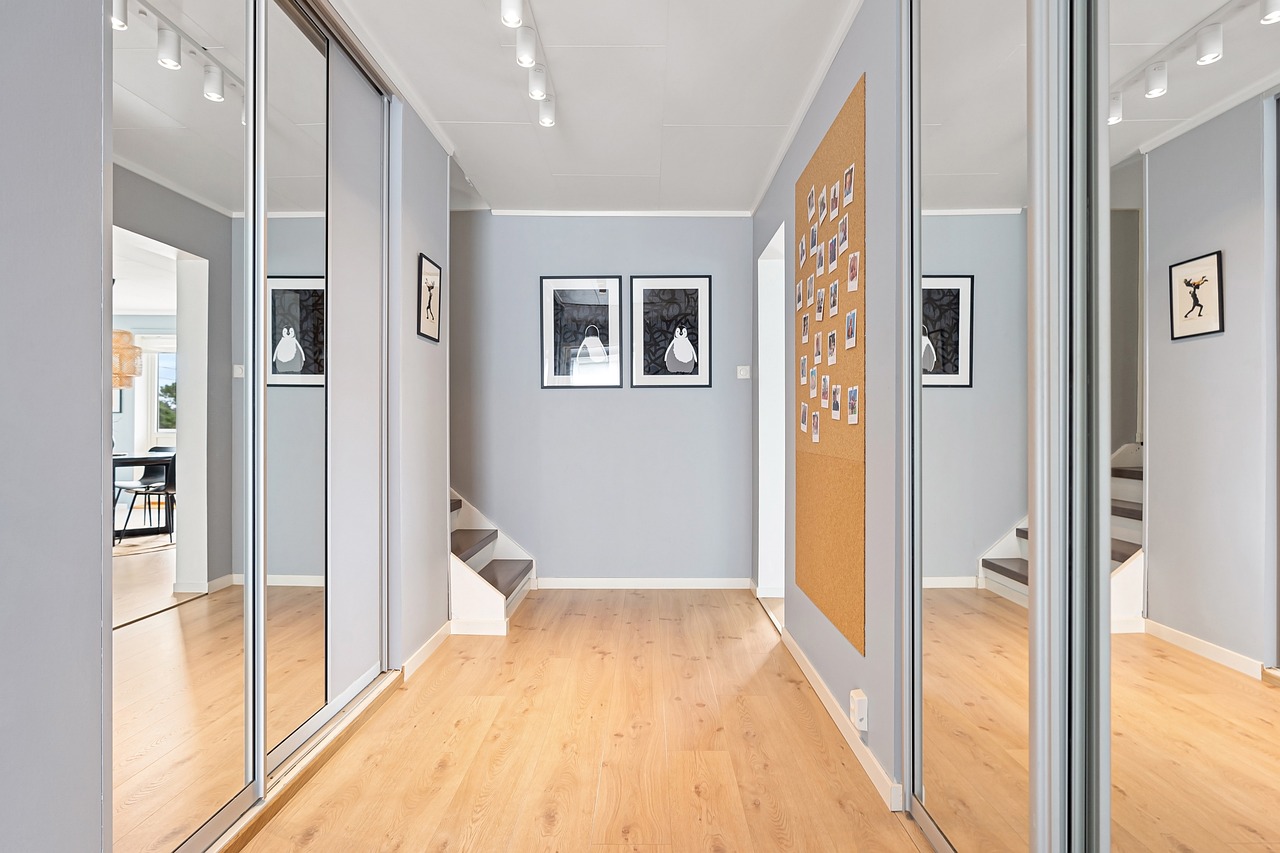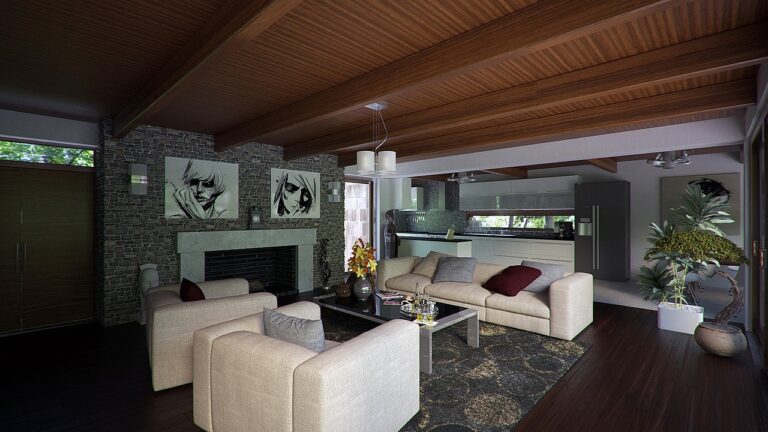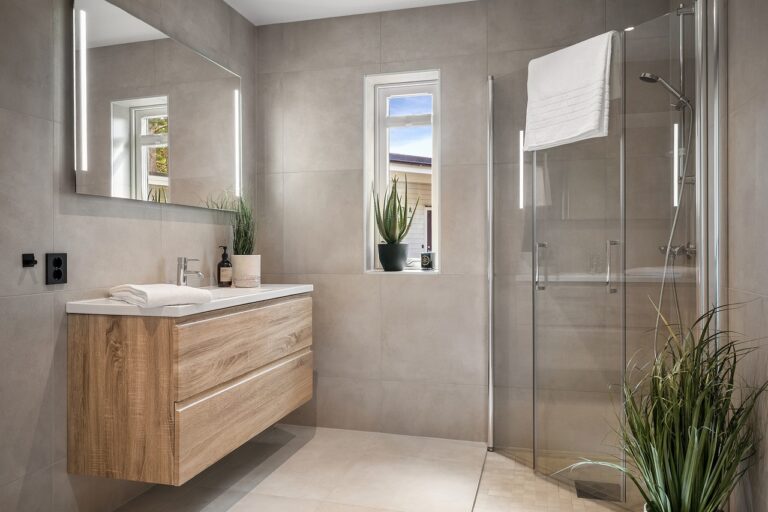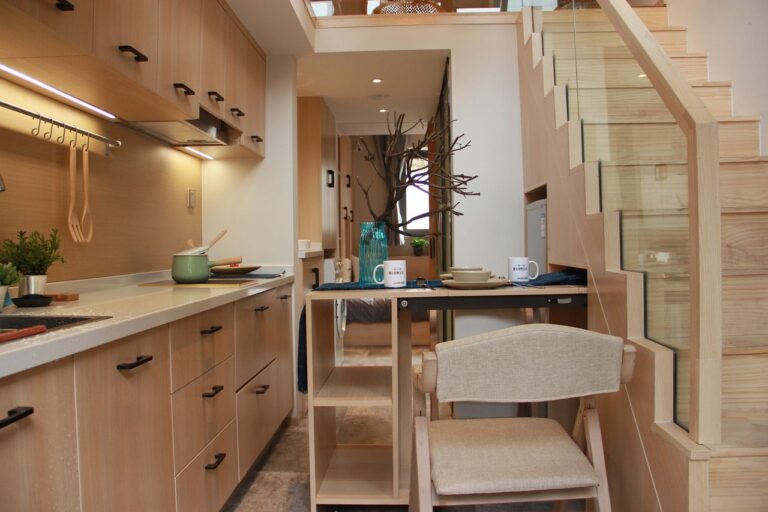How to Improve Home Ventilation for Better Sleep: Skyexch, World777, Goldsbet login
skyexch, world777, goldsbet login: Having trouble getting a good night’s sleep? One factor that is often overlooked when it comes to ensuring restful sleep is proper home ventilation. Poor ventilation in your home can lead to a stuffy and uncomfortable environment that makes it difficult to fall and stay asleep. In this blog post, we will discuss some tips on how to improve home ventilation for better sleep.
1. Open Windows and Doors
One of the simplest ways to improve home ventilation is to open windows and doors. This allows fresh air to circulate throughout your home, pushing out stale air and replacing it with clean, oxygen-rich air. Make sure to open windows on opposite sides of your home to create a cross breeze for maximum airflow.
2. Use Exhaust Fans
Exhaust fans are a great way to improve ventilation in areas like the bathroom and kitchen, where moisture and odors tend to linger. Running exhaust fans while cooking or showering can help remove excess humidity and improve the overall air quality in your home.
3. Invest in an Air Purifier
An air purifier can help remove pollutants, allergens, and other irritants from the air in your home, making it a cleaner and healthier environment to sleep in. Look for an air purifier with a HEPA filter for the best results.
4. Keep Your HVAC System Maintained
Regular maintenance of your heating, ventilation, and air conditioning (HVAC) system is essential for optimal airflow and ventilation in your home. Make sure to change air filters regularly and schedule annual tune-ups to keep your HVAC system running smoothly.
5. Use Natural Ventilation Methods
In addition to opening windows and using exhaust fans, there are other natural ventilation methods you can use to improve airflow in your home. For example, strategically placing houseplants can help improve air quality, as plants absorb carbon dioxide and release oxygen.
6. Consider a Dehumidifier
Excess humidity in your home can lead to mold and mildew growth, which can negatively impact your indoor air quality and your health. Consider using a dehumidifier to remove excess moisture from the air and create a more comfortable sleeping environment.
FAQs
Q: How often should I change the air filters in my HVAC system?
A: It is recommended to change air filters in your HVAC system every 1-3 months, depending on usage and the type of filter you have.
Q: What are some signs that my home may have poor ventilation?
A: Some signs of poor ventilation in your home include musty odors, condensation on windows, and excessive humidity levels.
Q: Can poor ventilation impact my health?
A: Yes, poor ventilation can lead to a variety of health issues, including respiratory problems, allergies, and headaches.
By following these tips and making some simple changes to improve ventilation in your home, you can create a more comfortable and restful environment that promotes better sleep. Remember, a well-ventilated home is essential for your overall well-being and sleep quality.







